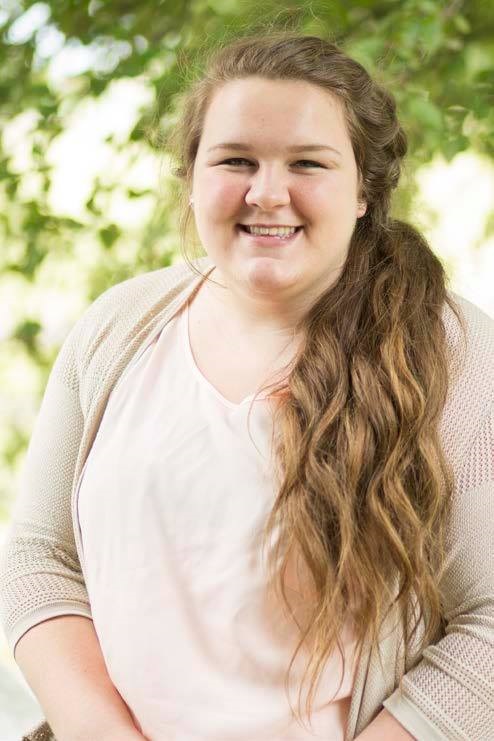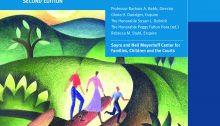Meet Shanta Trivedi – CFCC’s New Faculty Director
What excites you most about your new role at the University of Baltimore? This was really a dream opportunity for me. I have always done clinical work, and I enjoy lawyering and teaching students how to lawyer. This role at CFCC takes the work I have been doing throughout my career to a higher level,…






